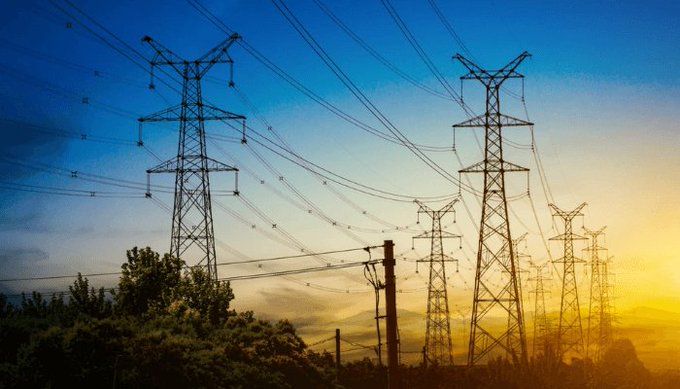The Federal Government says Nigeria’s power supply could reach 8,000 megawatts within the next 12 to 18 months. This follows the full operational independence of the Nigerian Independent System Operator (NISO).
This optimism was shared during a leadership retreat held in Abuja for NISO’s top management.
Mr. Ayodeji Gbeleyi, Director General of the Bureau of Public Enterprises (BPE), said Nigeria’s installed generation capacity exceeds 14,000MW. However, actual supply averages just 5,500MW daily.
“Currently, about 5,500MW of power is being wheeled daily, compared to a nameplate generation capacity of over 14,000MW,” Gbeleyi noted.
He explained that poor grid management and investment gaps in transmission and distribution have long held the power sector back.
A New Era for Grid Management
Gbeleyi stressed that NISO, now separated from the Transmission Company of Nigeria (TCN), carries a fresh mandate.
“As an independent entity, NISO now carries the critical responsibility of managing the national grid with impartiality and integrity,” he said.
He added that the operator must ensure “non-discriminatory access, efficient dispatch coordination, and fair market settlements—free from undue influence or conflicts of interest.”
According to him, with proper investments and improved grid resilience, it is realistic to project a 50% increase in power supply over the next 18 months.
He also announced a new World Bank-supported intervention. A $500 million facility will upgrade distribution networks nationwide.
“3.2 million electricity meters will be deployed under this initiative, with an additional 2 to 3 million to come from a presidential programme,” he said.
NISO’s Leadership Speaks
Chairman of the NISO Board, Dr. Adesegun Akin-Olugbade, said the operator’s independence reflects a critical shift in Nigeria’s electricity sector.
“NISO is not just a new institution; it represents a new approach—an independent system operator, a neutral market coordinator, and a strategic planning authority,” he said.
He warned that national development depends on stable power supply. “When power fails, everything else suffers: industry, healthcare, education, even security.”
NISO’s Managing Director/CEO, Engr. Abdu Bello, said his team is ready for the task.
“We must stay focused, get our internal structures right, and attract private sector investment,” he said. “With a clear direction and commitment, the goal is within reach.”
Rate, Like 👍, Comment💬, share this article, Follow us on our social media handles, and Submit your own story to get featured and earn rewards!







